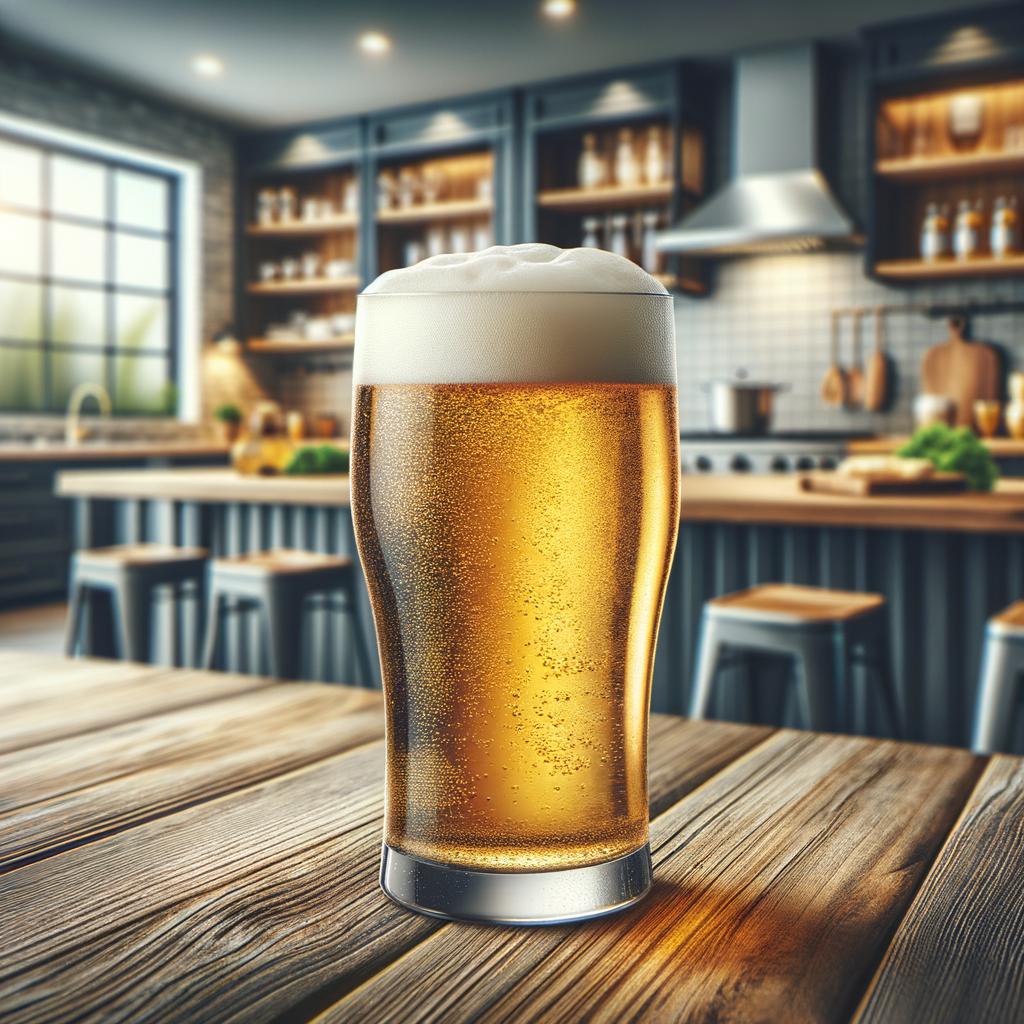Lager Beer

Description
Lager, a word derived from the German term "lagern" meaning "to store," is a type of beer that is conditioned at low temperatures and is known for its crisp, clean flavor and golden to amber color. Its appearance is typically clear, sparkling, and effervescent, inviting a sip with its frothy white head. The texture of lager is smooth and light to medium-bodied, with a flavor profile that ranges from sweet malts to bitter hops. What sets lager apart from other beers is the yeast used during its fermentation process. Lager yeast ferments at cooler temperatures and sinks to the bottom of the brewing vessel, lending to its distinctive taste and clarity.
Primary Uses
Lager is primarily used as a refreshing beverage, enjoyed around the world for its thirst-quenching qualities. It's a key component in many traditional German dishes such as Sauerbraten and Bratwurst. In cooking, it's often used in marinades, batter for deep-frying, and stews to add depth of flavor. Beyond the culinary world, lager has been used in traditional folk remedies for hair and skin due to its vitamin B content and natural enzymes.
History
The history of lager is a romantic tale of discovery and innovation. Originating in Central Europe in the Middle Ages, lager was first brewed by German monks who noticed that beer stored in cool cellars during the colder months had a different character to those brewed in warmer temperatures. The introduction of refrigeration in the 19th century allowed for the year-round production of lager, leading to its widespread popularity. Lager has evolved over time, with variations like Pilsners and Märzens each having their own unique stories and cultural significance. For example, Märzen, also known as Oktoberfest beer, is traditionally brewed in March and enjoyed in October during the famous German festival.
Nutritional Information
In moderation, lager can be part of a balanced diet. It contains essential B vitamins, particularly folate and niacin, minerals like silicon, which is important for bone health, and antioxidants. It's also a source of energy, providing carbohydrates and a small amount of protein. However, it's important to note that lager, like all alcoholic beverages, should be consumed responsibly. Compared to ales, lagers are typically lower in alcohol content and calories, making them a lighter choice for those mindful of their intake.
As we raise a glass of lager, we toast not only to its refreshing taste but also to its rich and fascinating history.

